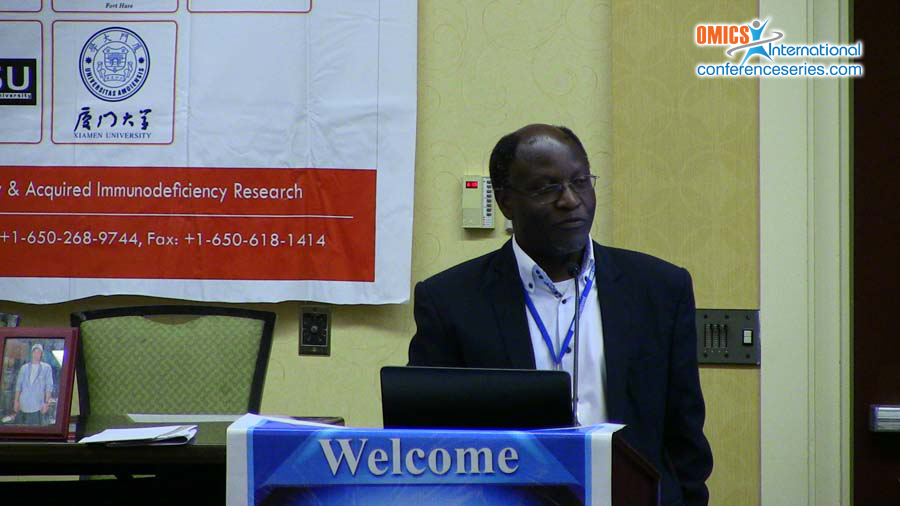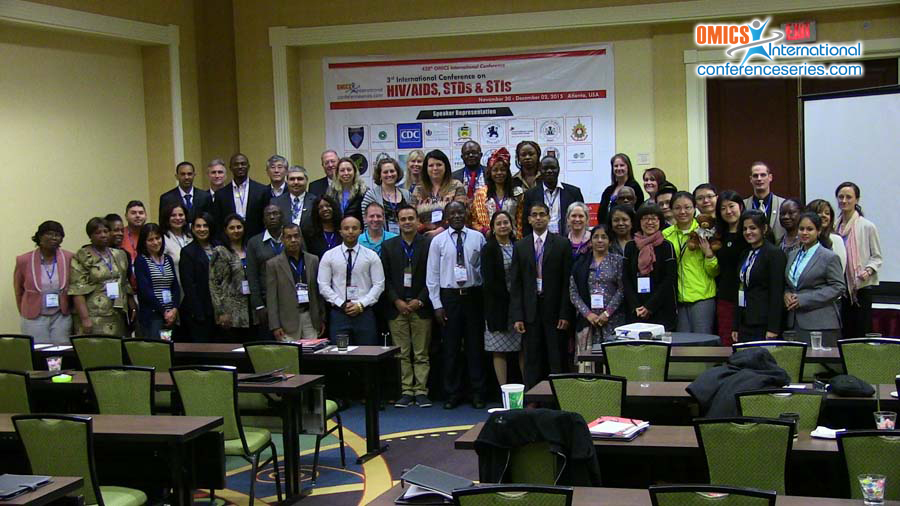Peter S. Nyasulu
Monash University, South Africa
Title: Prevalence and risk factors associated with acquisition of Sexually Transmitted Infections among people living with Human Immunodeficiency Virus in Diepsloot settlement, Johannesburg, South Africa
Biography
Biography: Peter S. Nyasulu
Abstract
Background: Co-morbid STIs among people living with HIV/AIDS amplify the risk of HIV transmission. STI amplification of HIV transmission is a persistent threat to the effectiveness of HIV treatment as a method of preventing further spread of HIV. To determine the prevalence and risk factors associated with acquiring STIs in people living with HIV in Diepsloot settlement, Johannesburg, South Africa. Methods: This is a secondary analysis of data collected in a cross sectional survey among people living with HIV/AIDS in Diepsloot. Data from 815 HIV positive respondents was analysed. The outcome measure was self-reported STI status. Independent variables included were: gender, age, marital status, race, employment status, victim of gender based violence or rape, use of psychoactive substances (use of any of the following: dagga, alcohol, cocaine, heroin, ecstasy, painkillers, nyaopeor inhalants), and antiretroviral treatment (ART) use. Univariate and multivariate relationships with STI were assessed using logistic regression. Results: Sexually transmitted infections were found in 6% of the participants (n = 49) with more HIV-infected adults not on antiretroviral treatment reporting STIs (n = 37, 75.5%). In the multivariate logistic regression model, ART use (Odds Ratio [OR] =3.34, 95% confidence interval [CI] 1.64-6.84; p<0.001) was independently associated with STI risk. The other variables were not significantly associated with STI acquisition. Conclusion: People living with HIV who were not on ART are more likely to acquire an STI than those who were taking ART. This increases the risk of poor health outcomes among those living with HIV/AIDS as well as facilitating further transmission of HIV. These findings underscore the need to scale up ART initiation among HIV positive people. Furthermore, STI screening and counselling for people living with HIV is needed
Speaker Presentations
Speaker PDFs
Speaker PPTs Click Here



